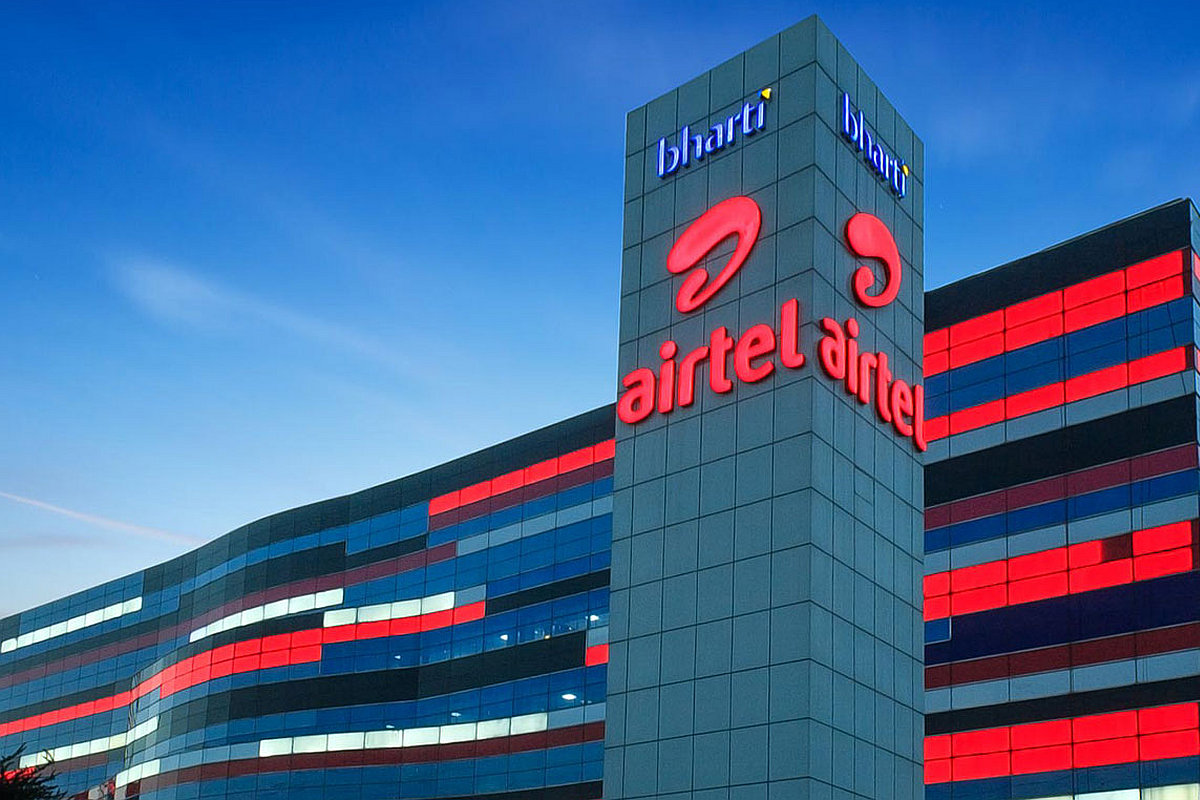Business
GSM Users Hit 203m, As MTN, Airtel Lead Gainers’ Chart

Two telecommunication giants, MTN and Airtel, are the biggest gainers of new mobile phone subscriptions in August, the latest monthly subscribers’ data from the Nigerian Communications Commission (NCC) have shown
This is as the mobile phone subscribers’ base rose to 203.16 million in August from 198.96 million in July.
The NCC data showed that from July to August, MTN gained 2.73 million new mobile phone subscriptions, while Airtel followed with an addition of 1.06 million new phone users in one month.
The data also showed that in one month, 9mobile added 214,282 new users to its network, while Globacom, during the period under review, added 192,327 new GSM customers to its network.
Further analysis of the CNN mobile phone subscriber’s data indicated that the country gained a total of 4.2 million new mobile phone subscriptions during the period under review.
MTN had 83.08 million mobile phone users in July and recorded 80.35 million users by the end of August.
Airtel, which had 54.77 million GSM users in July, gained 1.06 million new ones to record 53.71 million in August, while Globacom’s mobile phone subscriber base grew to 52.93 million in August from 52.74 million in July.
The NCC data showed that 9mobile’s subscribers increased from 12.16 million in July to 12.38 million in August, adding 214,282 mobile phone users to its network.
Also, the report showed that MTN added 1.6 million new Internet users to its network in August to reach 63.89 million from 62.29 million in July.
Airtel also came second in terms of Internet customers as it added 738,462 new subscriptions, which brought its customer base to 39.8 million in August from 39.05 million in July.
Globacom added 231,341 new Internet subscriptions in the month under review, which brought the telco’s total Internet customers to 38.49 million from 38.26 million in July.
9mobile maintained the fourth position as it gained 32,621 new Internet users in August to record a total of 7.17 million, up from 7.14 million in July.
Business
NCDMB, Jake Riley Empower 250 Youths On Vocational Skills

Business
NUJ Partners RSIRS On New Tax Law Education

Transport
Nigeria Rates 7th For Visa Application To France —–Schengen Visa

-

 Sports1 day ago
Sports1 day agoArsenal Women End Man City’s Invincibility
-

 Sports1 day ago
Sports1 day agoU-20 WWC: Falconets claim qualifier win
-

 Sports1 day ago
Sports1 day agoInsurance Deepen Enyimba’s Trouble
-

 Sports1 day ago
Sports1 day agoYouth Olympics preparation Gears up
-

 Environment1 day ago
Environment1 day agoRivers State Government Suspend Fire Service Collection Levies
-

 Sports2 days ago
Sports2 days agoTornadoes Set For NPFL exit over Stadium Ban
-

 Sports1 day ago
Sports1 day agoCologne Youth Team Set Crowd Record
-

 Environment1 day ago
Environment1 day agoLASEMA pushes attitudinal change to cut fire outbreaks in Lagos







